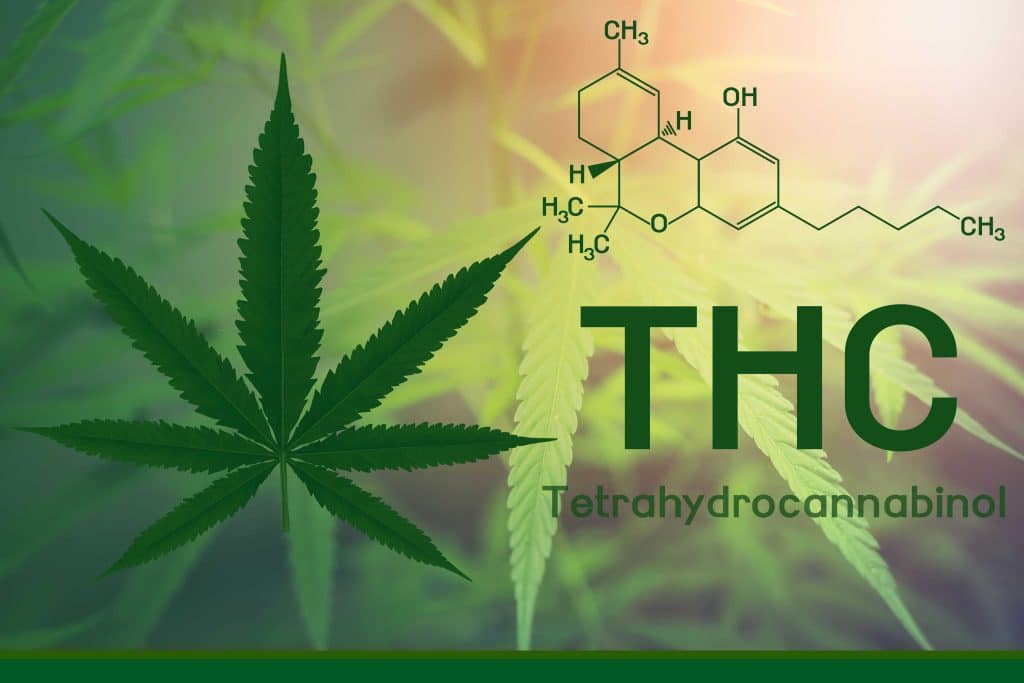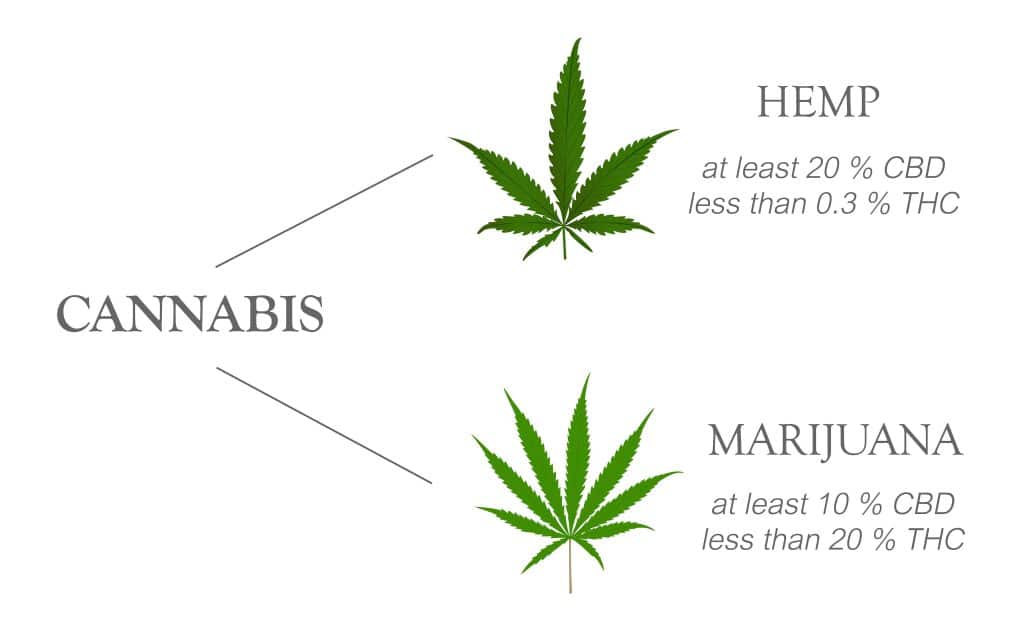These days we all know the state count for recreational legalizations in the US; and we all avidly watch for the next state to fall and the number to increase. That number? Right now its 19, right? Rhode Island legalized in May, bringing us to the last of the teens. But this undermines that yet another state technically passed a recreational policy, it just did it differently. What is the deal with the Minnesota weed loophole, and does it make Minnesota a legal state?
The Minnesota weed loophole
Several months ago I covered the story. In short, on May 22nd of this year, Minnesota’s legislature passed a hemp reform bill, which came with a little caveat, not seen in other states. It legalized the use of hemp-derived THC in edible products of both the food and drink varieties. It only covers use for those 21 and above, and comes with some specific requirements. The bill officially passed on Sunday, May 22nd, and H.F. 4065 was signed into law by Governor Tim Walz on June 2nd. Sales for these products became legal starting July 1st.
As far as regulations, it only allows for a small amount of THC with no more than 5mg per serving, and 50mg for a packet. Most states with legalization policies allow up to 10mg in a serving, so this is less, more like how Oregon had things for awhile, before increasing the amount allowed. As with any other instance of this nature, this simply means a person can take twice the amount to get a full dose, or more, if they need a bigger dose.
The bill covers hemp-derived delta-9 THC, as well as CBD products for use in edibles. This is interesting, as it was Minnesota that made a big deal earlier about how federally, CBD was never legal for these products. This current bill, corrects the inconsistencies with federal law, and includes other minor cannabinoids like delta-8 THC as well. It doesn’t stop at edibles either, and includes the ability to use these cannabinoids in topicals as well as other applications.
Welcome to our news site. Subscribe to the Cannadelics Weekly Newsletter for updates on stories, and for access to offers on tons of merchandise, including cannabis flowers, vapes, edibles, smoking devices, cannabinoid compounds, and more. Please choose the products you’re happiest to use!
The law comes with other predictable requirements, like making sure edible packaging is childproof; that products don’t too closely resemble known products from other companies; and that products are tested for things like mold, heavy metals, pesticides, fertilizers, and solvents. These are standard requirements for all legal industries. What it doesn’t have, is a limit for purchase, meaning interested buyers can technically buy as much THC as they want.
So, Minnesota is considered legal?
That’s the thing about loopholes, they aren’t legalizations, just gray areas that have been exploited. To sum it up, Minnesota now allows the fully legal sale of edible products with THC in them (as well as other products like topicals), and it doesn’t limit how much a person can purchase, meaning there isn’t a maximum THC amount the state is saying a person can have at one given time. But it isn’t a state legal for recreational use.
If you’re wondering how, or why, this discrepancy exists, there is a reason that might help to explain the Minnesota weed loophole. Right now, there is a cannabinoid gray/black market in the US. Essentially, products like delta-8 THC, HHC, and delta-9 are sold outside of regulation, and are found anywhere, including illegal states, where the products often thrive due to a lack of access to legal products.
These compounds are advertised as ‘hemp-derived’ though they use synthetic processing. They are often sold by smaller companies making it hard for the government to regulate them. By making a law for ‘hemp-derived’ products, Minnesota took a step to take control of this part of the market, with the hopes of reigning in the untaxed market.
“This stuff is out there,” explained Minnesota House Majority Leader Ryan Winkler, “The feds aren’t doing anything to regulate it. … So we had to figure out how to manage just kind of a wild west of THC sales.” Many lawmakers were caught off guard by this legislation, and its said that there might have even been confusion among some that this law would actually open the door to legal delta-9 THC.
Sen. Jim Abeler, republican chair of the Senate Human Services Reform Finance and Policy Committee, put it this way, “I thought we were doing a technical fix, and it winded up having a broader impact than I expected.”
Minnesota isn’t otherwise close to a legalization, either, though it has been trying. It does have a medical legalization from 2014, which has been expanded to increase access, but no recreational effort has made it through. This year, the republican-led senate quashed an adult-use bill, even though it had very strong democratic support. Which makes it look like the state is more interested in finding a way to control the black market, than to provide a fully legit legal one. After all, a fully legit legal market would allow the sale of flowers, vapes, and other products not covered by the current bill.
Minnesota also has a decriminalization measure in place, stemming back to 1976. Under this measure, which came right after federal criminalization, possession up to 42.5 grams is a petty misdemeanor only, with a maximum fine attached of $200.
The strangeness of the Minnesota loophole
Okay, so Minnesota is a state not legal for recreational use, that just instituted a law to allow the legal use of the drug it holds as illegal, with only the caveat it must come from hemp. To be clear, delta-9 coming from high-THC cannabis, and delta-9 coming from low-THC cannabis, or synthesized delta-9 for that matter, are all the same thing. But this loophole gets even weirder.

For one thing, it has almost no licensing requirements for production or sale of the products. Regulations for both of these are heavily regulated in all legal state industries. This means, pretty much anyone can go ahead and cook up some edibles and then sell them, without the need for state approval. Says executive director of the Cannabis Regulators Association, Gillian Schauer, “They have effectively legalized a very different regulatory approach for hemp than we see in any other state.”
And what more? No cannabis taxes apply. That’s right, what has been one of the biggest dampening factors of legal state programs, doesn’t apply to Minnesota and its weed loophole. The only taxes applied to these products are sales taxes, meaning Minnesota isn’t even benefiting from cannabis taxes, and these products are treated like regular food products.
Not only that, while legal states generally allow local governments to choose if they want to participate in recreational programs, its not clear at the moment if local governments can opt out in Minnesota. Meaning as of right now, Minnesota’s law is more inclusive of the whole state, than other policies in legal states. This will likely be remedied in the next congressional session, and such choices will probably be given to local governments. Updates would also allow the taxation, and implementation of further regulation, by these local bodies.
Right now, several locations have put moratoriums on the law (at least 30 cities and three counties), although most are simply holding back to see what happens next. The new legislation has been great for hemp farmers, that now have an outlet for their oversupply.
Other strange aspects of the Minnesota weed loophole
This Minnesota weed loophole causes confusion in other places. One is workplace drug testing. As many people didn’t quite understand the scope of the law, or have time to plan, many employers were left without the ability to create corresponding measures that won’t create liability for them. This was exemplified by Lauryn Schothorst, the director of workplace management and workforce development policy at Minnesota’s Chamber of Commerce,
“Employers are concerned about testing and potential liabilities of their business’s drug policy. There are no guidelines on a marijuana impairment standard and no reliable testing method for marijuana intoxication; nor is there a way to differentiate consumption source.” And that “Minnesota’s employers should have the right to enforce drug or zero-tolerance policies that maintain their unique operational, safety, productivity and culture needs and manage compliance with appropriate federal drug laws.”
The law also opened the door for an interesting lawsuit. In September, the company Vireo Health, a medical cannabis company which creates regular THC edibles from high-THC marijuana, filed suit on the grounds that this new law discriminates against it. According to the company, this involves a violation of constitutional rights. The company said this in a statement:
“The so-called ‘hemp statute’ that took effect on July 1 allows ill-regulated, THC-infused products to be sold at unlicensed gas stations, smoke shops, corner grocery stores and virtually any other retail location across Minnesota. The THC (tetrahydrocannabinol) in these products – supposedly derived from hemp – is chemically identical to the THC derived from cannabis and produces the same effects. Consumers can’t tell the difference – nor can chemists, regulators or manufacturers – because there is no difference between THC derived from cannabis and THC derived from hemp.”

The company then goes on to make an interesting – yet sense-making – request. The company requests in its filing, that it also be legally able to sell its marijuana-derived THC edibles to consumers outside the medical market, with all sales still complying with the new law.
The company makes the argument that this is good for consumers anyway, as lab testing isn’t always enforced for hemp products. Said the company, “We are ready and eager to sell lab-tested edibles derived from cannabis. We hope that the Court will look favorably on our request and will act to protect consumers, patients, and Minnesota’s medical cannabis industry.”
It isn’t known if a court is able to rule on this matter. Or if Vireo will simply be told to tailor its business model to use hemp rather than marijuana, in order to stay in compliance. This case could have resounding effects that go much further than this state though, as it does touch on an important topic. It works to invalidate the legal concept that something coming from the hemp plant, should be treated legally differently than the exact same thing that comes from a marijuana plant.
Conclusion
It’s hard to say what will happen to Minnesota and its weed loophole come next legislative season. One thing for sure is, though Minnesota might not be considered a state legal for recreational use, it most certainly is one now. Which unofficially brings the count to 20, not 19.
Welcome readers!! Thanks for making your way to Cannadelics.com; a news platform where we work hard to offer high quality coverage of the cannabis and psychedelics landscapes. Hang out with us when you can to stay current on everything going on, and subscribe to the Cannadelics Weekly Newsletter, to ensure you’re never late on getting a story.
The post The Minnesota Weed Loophole & Why The State Is Now (Unofficially) Legal appeared first on Cannadelics.
Via https://cannadelics.com/2022/12/17/the-minnesota-weed-loophole-why-the-state-is-now-unofficially-legal/
source https://rosalinaklerkx.weebly.com/blog/the-minnesota-weed-loophole-why-the-state-is-now-unofficially-legal
No comments:
Post a Comment